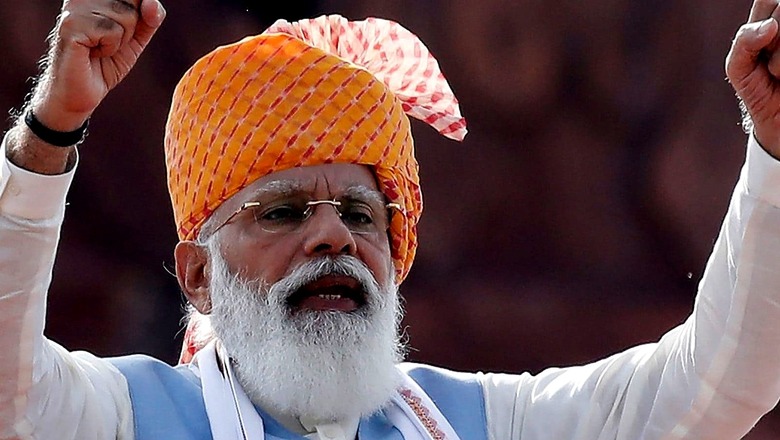
views
Prime Minister Narendra Modi, the once and future Vikas Purush, centred his eighth Independence Day address on his government’s report card on inclusive development, simultaneously invoking collective will for a great leap forward. He presented a rosy vision of a vibrant nation on the cusp of a transformational moment, entering an auspicious phase in its developmental journey.
At a time when the Opposition senses blood in the water, on the premise that the second wave of Covid-19 has phlebotomized both the economy and Modi’s popularity, he appeared to make a conscious attempt to infuse optimism and defuse criticism on a host of issues, from the fuel price hike to l’affaire Pegasus.
He created a feel-good lexical field with phrases like ‘next-generation infrastructure’, ‘world-class manufacturing’, ‘new age technology’, ‘cutting edge innovation’ and ‘energy self-reliance’ – all the better to convince urban middle-class (worst-hit by Covid-19) listeners and aspirational youth that their time had come.
Assorted issues of social justice, women’s empowerment, and farmers also figured in his speech, but ‘make India great again’ was the dominant narrative.
The plans announced include a Gati Shakti Yojana for holistic infrastructure, with the objective of creating interlinked transport hubs, a National Hydrogen Mission for clean energy, 75 Vande Bharat trains ‘connecting every corner of the country’, ramping up of health infrastructure, and rail linkages between the North Eastern states and with their neighbouring countries.
In addition, fortified rice will be introduced in the Public Distribution System, Sainik Schools will open their doors to girls and an e-commerce platform will be set up for women’s Self-Help Groups.
He set an ‘India ascending’ context by first invoking Independence and its heroes, including Jawaharlal Nehru, before applauding the Olympic medal winners and detailing the successes of his government, as well as projects nearing fruition.
These ranged from record foreign investment and forex reserves, the rapid development of new airports, a Swadeshi aircraft carrier, mobile phone exports, a surge of startups, 100 GW worth of clean energy, the surgical strike, scrapping of silly compliances and sillier laws, a new education policy, a big push in rural infrastructure, a slew of inclusive programmes (Jal Jeewan, Ayushman, Ujwala) and agricultural exports giving the world a ‘taste’ of India.
In the ‘coming soon’ category are a pan-Indian optic fibre network, rapid development in over a hundred of the country’s most backward districts, lots of indigenous fighter jets, a big boost for the cooperative movement, and tapping the potential of India’s vast maritime resources.
He addressed criticisms of his government obliquely. Taking note of the vicious toll taken by the pandemic’s second wave, he dwelt at length on the successes of Indian biotechnology, which had ensured self-sufficiency in vaccines and supported the world’s largest vaccine rollout. He admitted that lack of health facilities had claimed many lives, but pointed to the free rations that had kept millions afloat.
Without referring specifically to the Farm Laws, he pointed out that agricultural reforms were oriented towards the small farmers but in the same breath, referred to higher MSPs (which benefit barely 10 per cent of farmers). He also spoke of leveraging technology to codify land records under the Swamitva Yojana and plans for block-level warehousing.
The RSS will certainly have been pleased with the announcement of Partition Remembrance Day (August 14), given that its historiography prioritizes two events: the Partition and the Emergency. Both, in its view, should occupy a larger space in history books and museums – precisely because post-Independence generations don’t relate to either of these dark chapters in Indian history.
Modi’s tweet to the effect that it would remind us “of the need to remove the poison of social divisions, disharmony and further strengthen the spirit of oneness, social harmony, and human empowerment” sparked many a swipe against the Congress on social media, in the form of comments on the evils of a policy of appeasement and divisive politics.
While the PM’s detractors may have found his speech long on rhetoric and short on substance, his votaries will certainly see the 75th amrit mahotsav of Independence as the take-off point for an ‘atmanirbhar’ Bharat through ‘sabka prayas’.
Read all the Latest News, Breaking News and Assembly Elections Live Updates here.












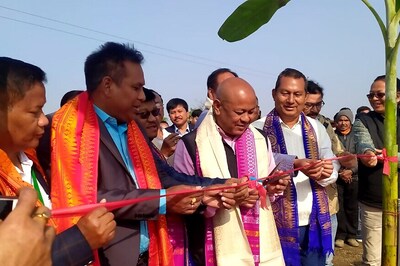

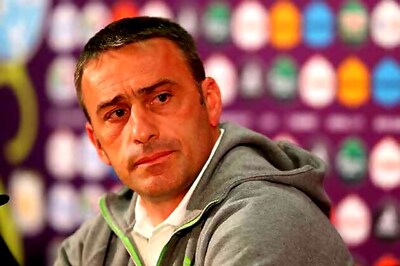
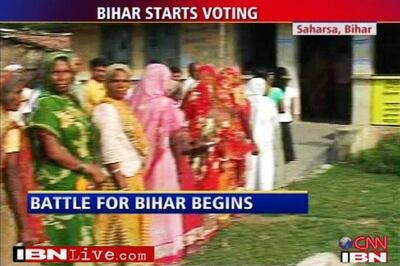
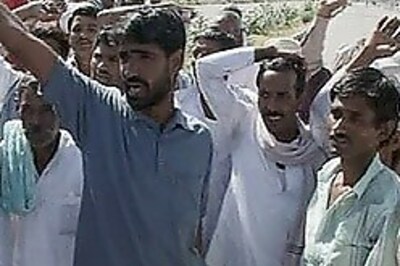


Comments
0 comment